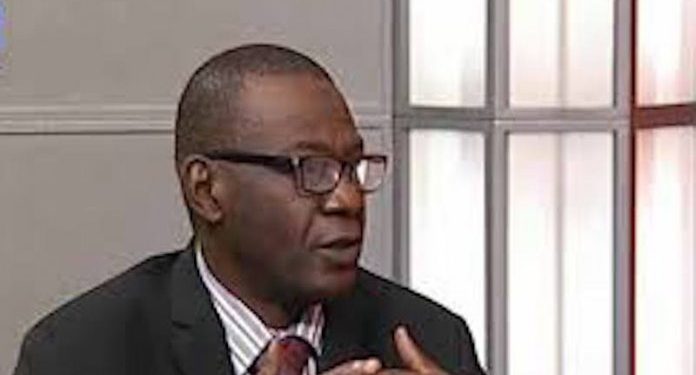The naira has in over 18 months remained stable at both the official and parallel markets despite several odds facing it ahead of the 2019 general elections, President, Association of Bureaux De Change Operators of Nigeria (ABCON), Alhaji (Dr.) Aminu Gwadabe has said.
In a statement yesterday, the ABCON boss commended the Central Bank of Nigeria (CBN) over its financial sector reforms, and the contributions of the Bureau de Change (BDC) operators to the current exchange rate stability, as against the common practice of currency devaluations and depreciations across the world at election times.
The naira exchanges at N306/$1 in the official market and N358/$ in the parallel market despite the election fears.
Gwadabe said that the absence of foreign exchange volatility before and during the 2019 elections year was a major achievement by the CBN and federal government.
He said: “The dexterity of the government policies in ensuring that naira remained stable in an election year is commendable. Election years, as witnessed during the 2015 general elections, are marred by exchange rate volatility and spikes in the market.”
He disclosed that financial pundits had had in early 2016, speculated that the naira would depreciate to as low as N1000/$. The election period of 2015, he added, witnessed over $100 billion capital flight outside the country. The activities of currency hoarders, speculators and rent seekers reached its peak in 2015.
He disclosed that ironically, the trend in the foreign exchange market during this year’s election showed hope for the economy, sustained exchange rate stability, adequate dollar liquidity, increasing foreign capital inflows and most importantly, a unified and convergent exchange rate of the BDCs and the parallel market. These feats, he said, are commendable by all standards.
Gwadabe, appealed to the CBN to issue Letter of Consent to ABCON proposed training institute. This, he added, was going to boost the current ABCON Management commitment to capacity building for its members to stimulate competency in the sector and make room for better foreign exchange management.
Continuing, Gwadabe also listed factors that led to the current successes in the foreign exchange market.
He said: “First, I want to congratulate the leadership of the CBN for a well-coordinated, proactive exchange rate management strategies which include creation of several foreign exchange windows to deepen liquidity and price discovery, restriction of foreign exchange on 42 items that can be produced locally, self-sufficiency in rice production and continuous partnerships between the apex bank and BDCs, all led to the current exchange rate stability enjoyed in the country.”










